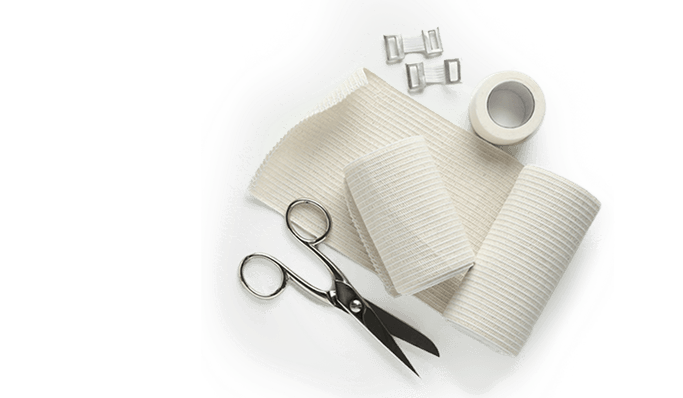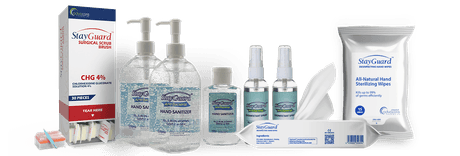What are Disinfectants?
Disinfectants are chemical agents designed to neutralize or destroy harmful microorganisms on surfaces and in the environment. They come in various forms, such as wipes, sprays, gels, and soaps, made for different uses. Their main function is to prevent the spread of infectious agents and ensure a sterile environment.
Different disinfectants have varying levels of efficacy against specific pathogens. It's crucial to choose the appropriate type based on the targeted microorganisms and the intended application. For instance, while some disinfectants are suitable for skin and hands, others are formulated explicitly for hard surfaces or medical instruments. Understanding the contact time required for each disinfectant is essential. Some disinfectants require a certain amount of contact time to effectively kill the targeted microbes, and this information is usually provided in the manufacturer's instructions.
As society becomes more conscious of hygiene practices and infection prevention, the proper use of disinfectants plays a pivotal role in curbing the spread of infectious diseases. Whether it's in hospitals, homes, or public spaces, the strategic application of disinfectants contributes to creating safer environments for everyone.


